Navigating the Complexities of Jewellery Valuations for Probate
Related Articles: Navigating the Complexities of Jewellery Valuations for Probate
Introduction
With great pleasure, we will explore the intriguing topic related to Navigating the Complexities of Jewellery Valuations for Probate. Let’s weave interesting information and offer fresh perspectives to the readers.
Table of Content
Navigating the Complexities of Jewellery Valuations for Probate
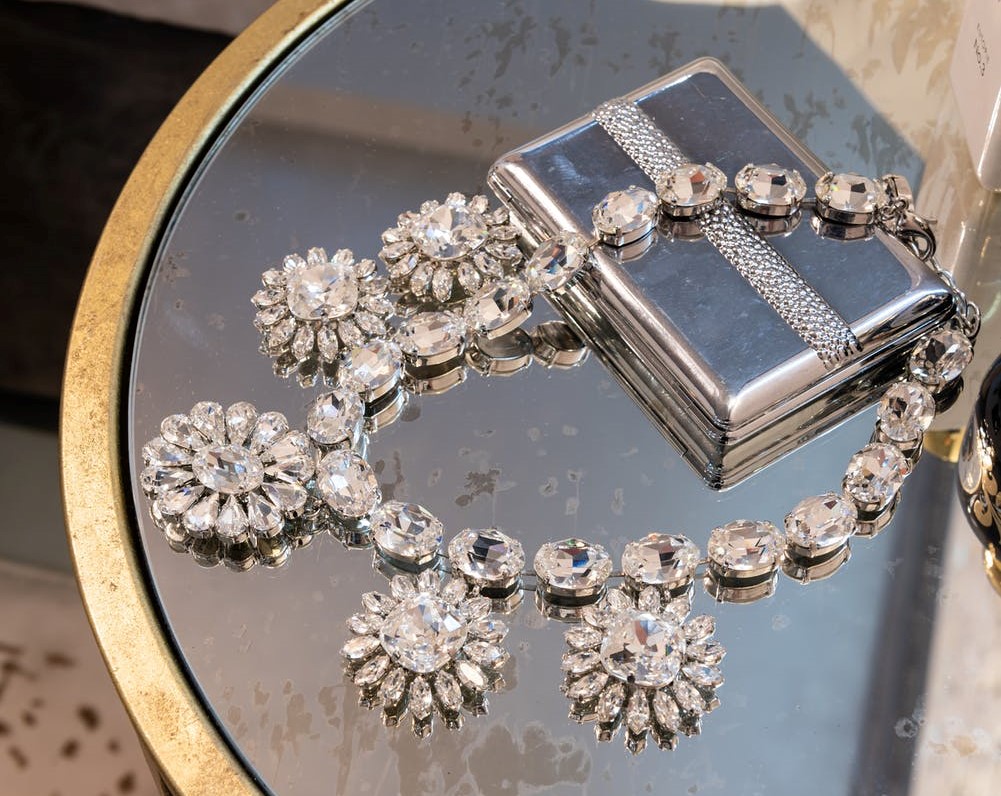
The passing of a loved one is a deeply emotional experience, often accompanied by the practicalities of estate administration. Among these responsibilities, the valuation of jewellery for probate purposes can seem daunting, but it is an essential step in ensuring a fair and accurate distribution of assets. This article provides a comprehensive guide to understanding the intricacies of jewellery valuations for probate, equipping you with the knowledge to navigate this process with clarity and confidence.
Understanding the Importance of Jewellery Valuations for Probate
Jewellery, often passed down through generations or acquired as cherished gifts, holds significant sentimental value. However, it also carries inherent financial worth, making it a crucial component of an estate’s assets. Accurate valuation of jewellery during probate serves several vital purposes:
- Ensuring Equitable Distribution: Jewellery is often distributed among beneficiaries as part of the estate’s division. A precise valuation ensures that each beneficiary receives a fair share, reflecting the true value of the jewellery.
- Accurate Tax Reporting: Probate valuations are essential for accurate tax reporting, as they determine the value of the estate for inheritance tax purposes. This ensures compliance with legal requirements and minimizes potential tax liabilities.
- Resolving Disputes: In the event of disagreements among beneficiaries, a professional jewellery valuation can provide an objective and impartial assessment of the jewellery’s worth, serving as a neutral reference point for resolving disputes.
The Role of a Qualified Jewellery Valuer
The accuracy and reliability of the jewellery valuation hinge on the expertise of the chosen valuer. A qualified jewellery valuer possesses the necessary skills, knowledge, and experience to accurately assess the value of jewellery for probate purposes.
- Expertise in Gemology and Jewellery: A qualified valuer possesses a deep understanding of gemstones, their characteristics, and the intricacies of jewellery construction. This knowledge enables them to accurately identify materials, evaluate quality, and assess craftsmanship.
- Market Knowledge: Staying abreast of market trends and current prices for jewellery is essential for accurate valuations. A qualified valuer understands the fluctuations in the precious metals and gemstone markets, ensuring valuations reflect current market values.
- Professional Standards: Valuers adhere to strict professional standards and ethical guidelines, ensuring objectivity and impartiality in their assessments. They provide comprehensive reports that document their findings and justify their valuation conclusions.
Types of Jewellery Valuations for Probate
Depending on the specific requirements of the probate process, different types of jewellery valuations may be necessary:
- Insurance Valuations: These valuations focus on the replacement cost of the jewellery, providing an estimate of the amount needed to replace the items in the event of loss or damage.
- Market Value Valuations: These valuations determine the current market value of the jewellery, reflecting the price it would fetch if sold on the open market.
- Tax Valuation: These valuations are specifically designed for tax purposes, taking into account the jewellery’s value for inheritance tax calculations.
Factors Influencing Jewellery Value
Several factors influence the value of jewellery, and a qualified valuer meticulously considers each to arrive at a fair and accurate valuation:
- Gemstones: The type, size, cut, clarity, and color of gemstones significantly influence their value. Rare and high-quality gemstones command higher prices.
- Metals: The type of metal used in the jewellery, such as gold, silver, or platinum, influences its value. The karat or fineness of the metal also plays a role.
- Design and Craftsmanship: The design and craftsmanship of the jewellery contribute to its value. Unique, intricate designs and high-quality craftsmanship often command higher prices.
- Brand and Provenance: Certain brands and historical provenance can significantly increase the value of jewellery. Jewellery from renowned designers or with a documented history may fetch higher prices.
- Condition: The condition of the jewellery, including its wear and tear, affects its value. Well-maintained pieces in excellent condition command higher prices than damaged or worn pieces.
Choosing the Right Jewellery Valuer
Selecting a qualified and reputable jewellery valuer is crucial for obtaining an accurate and reliable valuation. Consider these factors when choosing a valuer:
- Qualifications and Experience: Look for a valuer with recognized qualifications and significant experience in jewellery valuations.
- Professional Affiliations: Membership in professional organizations, such as the Gemological Institute of America (GIA) or the National Association of Jewelry Appraisers (NAJA), indicates adherence to professional standards.
- Reputation and References: Seek recommendations from trusted sources, such as attorneys, estate planners, or other professionals. Check online reviews and testimonials to gauge the valuer’s reputation.
- Transparency and Communication: Choose a valuer who is transparent about their fees and provides clear communication throughout the valuation process.
The Valuation Process
The jewellery valuation process typically involves the following steps:
- Initial Consultation: The valuer will discuss the purpose of the valuation, the scope of the jewellery to be valued, and any specific requirements.
- Inspection and Documentation: The valuer will carefully inspect each piece of jewellery, documenting its characteristics, including gemstone details, metal type, and condition.
- Research and Valuation: The valuer will conduct research, consulting market data and price guides to determine the fair market value of the jewellery.
- Report Preparation: The valuer will prepare a detailed report outlining their findings, including a description of each piece, its value, and any supporting documentation.
FAQs about Jewellery Valuations for Probate
Q: What is the typical cost of a jewellery valuation for probate?
A: The cost of a jewellery valuation can vary depending on the number and complexity of the pieces being valued, the valuer’s experience and location, and the level of detail required in the report. It’s essential to obtain a clear quote from the valuer upfront.
Q: How often should jewellery be revalued for probate purposes?
A: Jewellery valuations should be updated periodically, typically every 3-5 years, to reflect fluctuations in the market and changes in the jewellery’s condition. This ensures that the valuation remains accurate and relevant for probate purposes.
Q: Can I use an online jewellery valuation tool for probate purposes?
A: While online valuation tools can provide a general estimate, they are not suitable for probate valuations. These tools lack the expertise and professional standards of a qualified jewellery valuer, making their valuations unreliable for legal purposes.
Q: What if I disagree with the valuer’s assessment?
A: If you disagree with the valuer’s assessment, it is essential to discuss your concerns with the valuer. They can provide further explanation and justification for their valuation. If the disagreement persists, you may consider seeking a second opinion from another qualified valuer.
Tips for Preparing for a Jewellery Valuation
- Gather All Jewellery: Assemble all jewellery pieces that need to be valued, including any loose gemstones or antique jewellery.
- Clean and Organize: Clean the jewellery to ensure it is presented in the best possible condition for inspection. Organize the pieces for easy identification.
- Provide Documentation: Gather any available documentation, such as purchase receipts, insurance policies, or appraisals, as this can provide valuable information to the valuer.
- Ask Questions: Don’t hesitate to ask the valuer any questions you have about the valuation process, their qualifications, or their fees.
Conclusion
Navigating jewellery valuations for probate can be a complex process, but understanding the importance of accurate valuations and selecting a qualified jewellery valuer can streamline this process. By following the guidelines outlined in this article, you can ensure that the jewellery of your loved one is valued fairly and accurately, contributing to a smooth and respectful estate administration process.
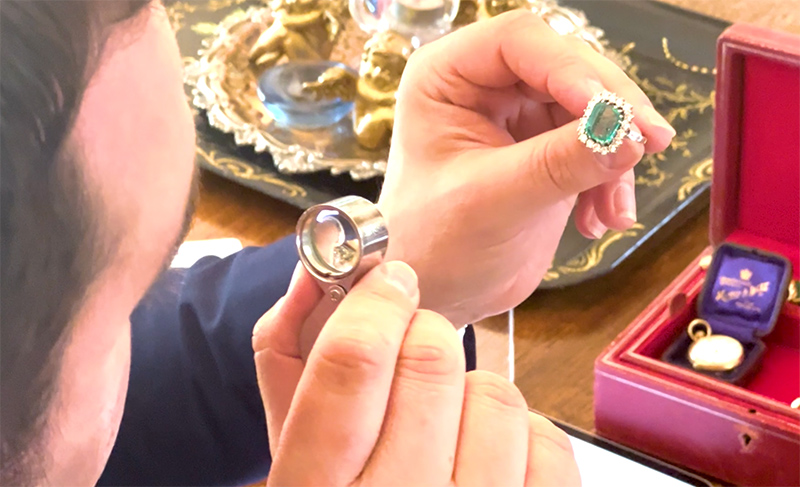

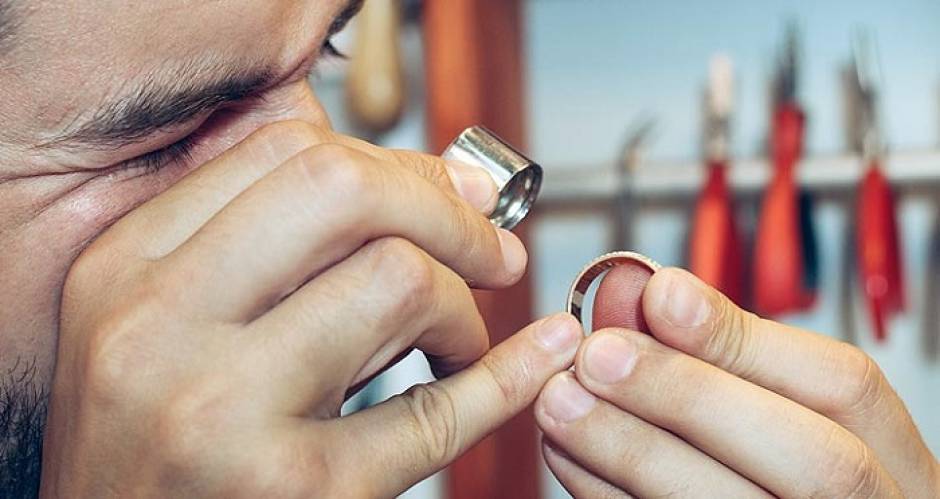



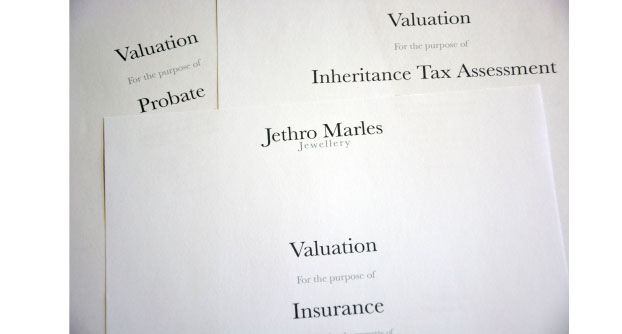
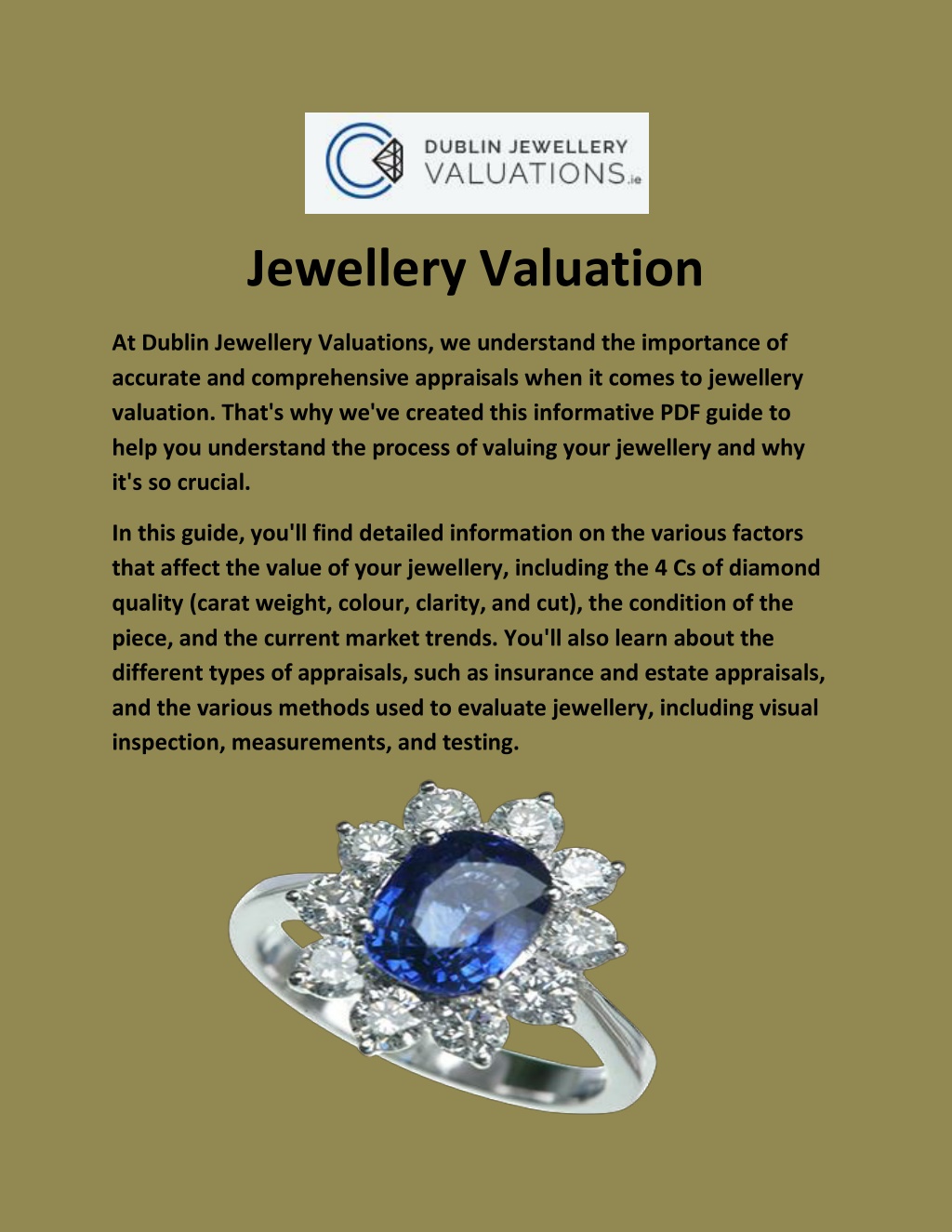
Closure
Thus, we hope this article has provided valuable insights into Navigating the Complexities of Jewellery Valuations for Probate. We thank you for taking the time to read this article. See you in our next article!